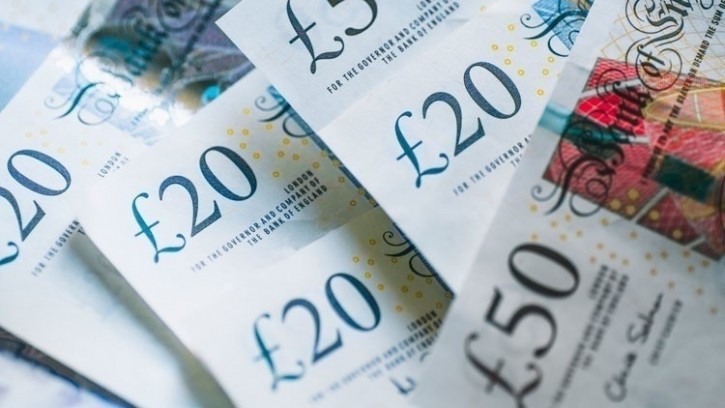
The Bank of England confirmed this afternoon that the cost of borrowing would fall by a quarter of a percentage point, from 5% to 4.75%.
It is the second cut this year and marks the first time since June 2023 that rates have been below 5%.
Interest rates rose steadily following the pandemic in response to rising inflation, leaving many hospitality businesses exposed as a result of the loans they forced to take out during the Covid crisis.
“This cut is positive news in the short-term for hospitality businesses, particularly those still struggling with pandemic debt repayments, and consumer confidence,” says Kate Nicholls, chief executive of UKHospitality.
However, Nicholls adds that the cut will provide little long-term relief for businesses facing rising employment tax measures as a result of last week’s Budget.
Chancellor Rachel Reeves confirmed during the fiscal statement that National Insurance contributions for employers will go up from 13.8% to 15% in April next year, with the threshold at which businesses start paying National Insurance on a workers’ earnings lowered from £9,100 to £5,000.
Additionally, hospitality businesses will face higher wage costs, with the National Living Wage set to increase by 6.7% to £12.21 per hour; and reduced business rates support, after the Chancellor confirmed the discount for hospitality would be reduced from 75% to 40%, capped at £110,000.
“The short-term benefit of this cut is significantly overshadowed by the looming £3.4bn worth of cost increases that will hit the sector in April,” Nicholls continues.
“Those changes will impact the potential for future interest rate cuts too, with forecasts already revised down following the Budget.
“We need the Government to take action to mitigate these increases. particularly the lowering of the employer NIC threshold. Lowering the threshold to £5,000 suddenly brings in thousands of part-time staff, and that disproportionately hits hospitality.
“Government action to reduce the devastating cost impact in April is essential.”
The BBC reports that, going forwards, interest rates could take longer to fall after the Bank of England forecast that inflation will creep higher again, fuelled in part by the Budget.
It predicted that while Reeves’s plans will initially boost economic growth and cut the unemployment rate, measures such as raising the cap on bus fares and VAT on private school fees will lift inflation.
Responding, Bank of England Governor Andrew Bailey offered reassurance, saying it was ‘likely that interest rates will continue to fall gradually from here’.
However, he also cautioned that the Bank needs to make sure inflation stays close to its 2% target, and so further rate cuts can’t happen too quickly or by too much.






